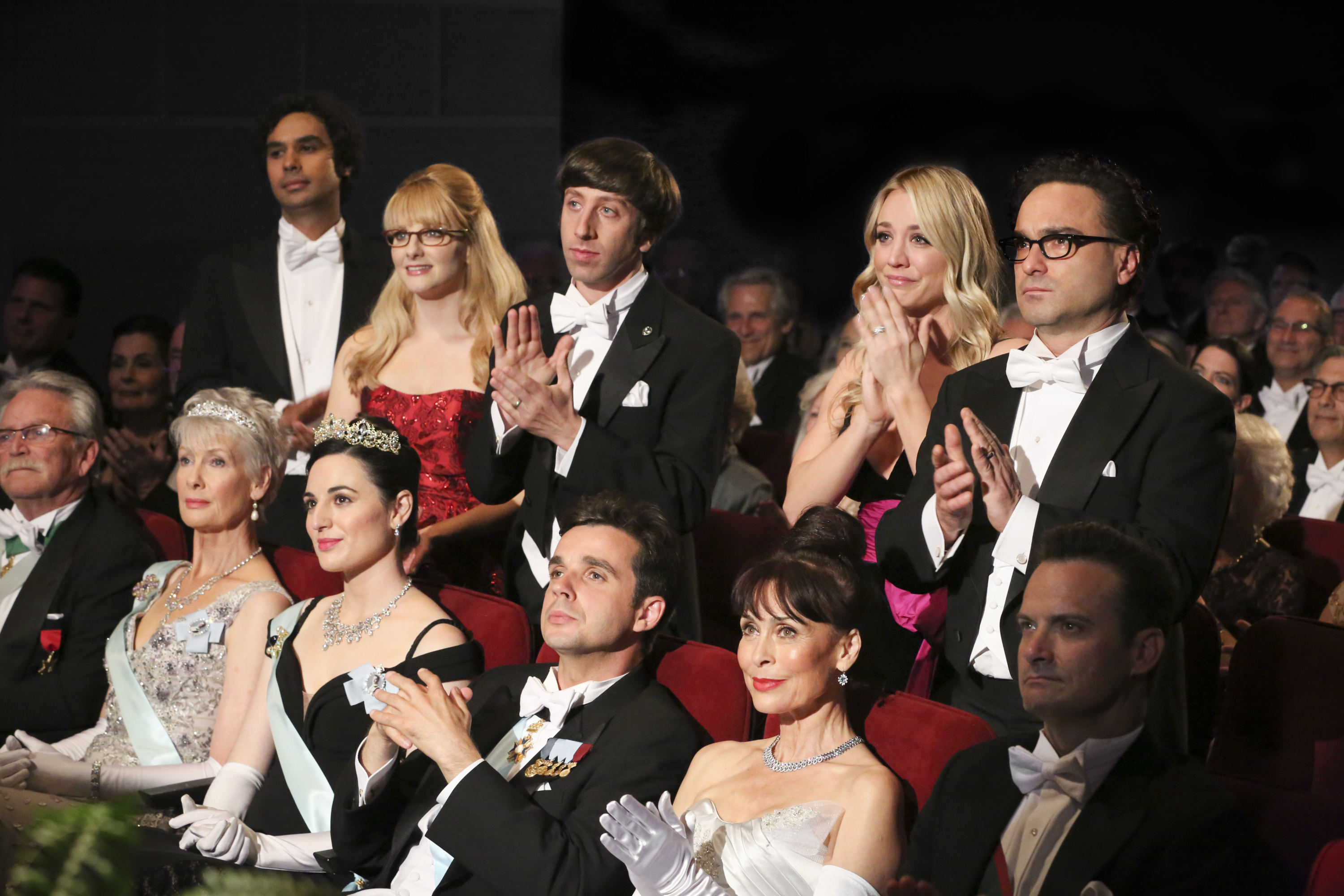‘The Big Bang Theory’: Why Was The Final Episode Titled “The Stockholm Syndrome”?
In 2019, Sheldon Cooper, Leonard Hofstadter, Raj Koothrappali, Howard Wolowitz, and Penny signed off for the last time. The finale of The Big Bang Theory was watched by 23 million people, and neatly tied the show’s 12 seasons into a neat package. Fans haven’t spent the last year discussing the finale because of what transpired during the episode. Instead, they’ve speculated about the episode’s name. The finale was titled “The Stockholm Syndrome”, and fans have a theory about why the finale was titled after a psychological phenomenon.
What is Stockholm Syndrome?
Stockholm Syndrome was first observed in the 1970s, when a robber took control of a bank for six days. According to the BBC, the hostages who were terrorized for six days refused to testify at trial, and even tried to raise money for the robber’s legal fees. In short, the syndrome is described as misplaced affection for the person who has caused an individual psychological trauma.

Over the years, Stockholm Syndrome has been mentioned in a variety of cases. Generally, though, Stockholm Syndrome is associated with captive situations. Leonard, Penny, Howard, Raj, Bernadette, and Amy weren’t exactly being held hostage by Sheldon. They were allowed to come and go as they pleased, of course. Still, the group seemed to put up with a litany of unreasonable requests, and while they each showed annoyance with Sheldon over the years, none were willing to just walk away.
Fans theorize that The Big Bang Theory’s finale was named after the psychological phenomenon
The Big Bang Theory was well-known for its original episode titles. Many of the show’s titles featured a play on words, and the series finale is no different. One Reddit fan, however, pointed out that “The Stockholm Syndrome” might have a deeper meaning. The user argued that one could argue that the group of friends were all suffering from Stockholm Syndrome after being held hostage by Sheldon’s quirks and eccentricities.

Sheldon had no problem setting boundaries with his friends. Often times, his limitations were completely nonsensical and interrupted the normal lives of his pals. He didn’t seem to care, and, in the end, almost everyone willingly acquiesced to Sheldon’s whims. Even Penny, who, initially, had been resistant to putting up with Sheldon eventually gave in. So, did the entire group create an unhealthy attachment to Sheldon as their captor, or is there a much simpler explanation for the finale’s title?
There may be a much simpler explanation for the episode name, though
While the fan theory that Sheldon’s friends were suffering from Stockholm Syndrome, is particularly interesting, there may be a much simpler explanation for the episode name. In the finale of The Big Bang Theory, Sheldon and Amy were awarded a Nobel Prize for their work in physics. It is the entire plotline of the episode, and all of their pals traveled to support them. The award ceremony and banquet is traditionally held in Stockholm, Sweden.

According to the official website of The Nobel Prize, awards for the hard sciences, like physics, are awarded at a ceremony held in Stockholm. The Nobel Peace Prize is presented in a separate service in Norway. The ceremony is held as per the directions laid out in Arthur Nobel’s will. It seems likely that the episode’s title had absolutely nothing to do with Sheldon’s eccentricities causing psychological changes in his friends. Instead, the episode was likely named for the location of the famed ceremony.


